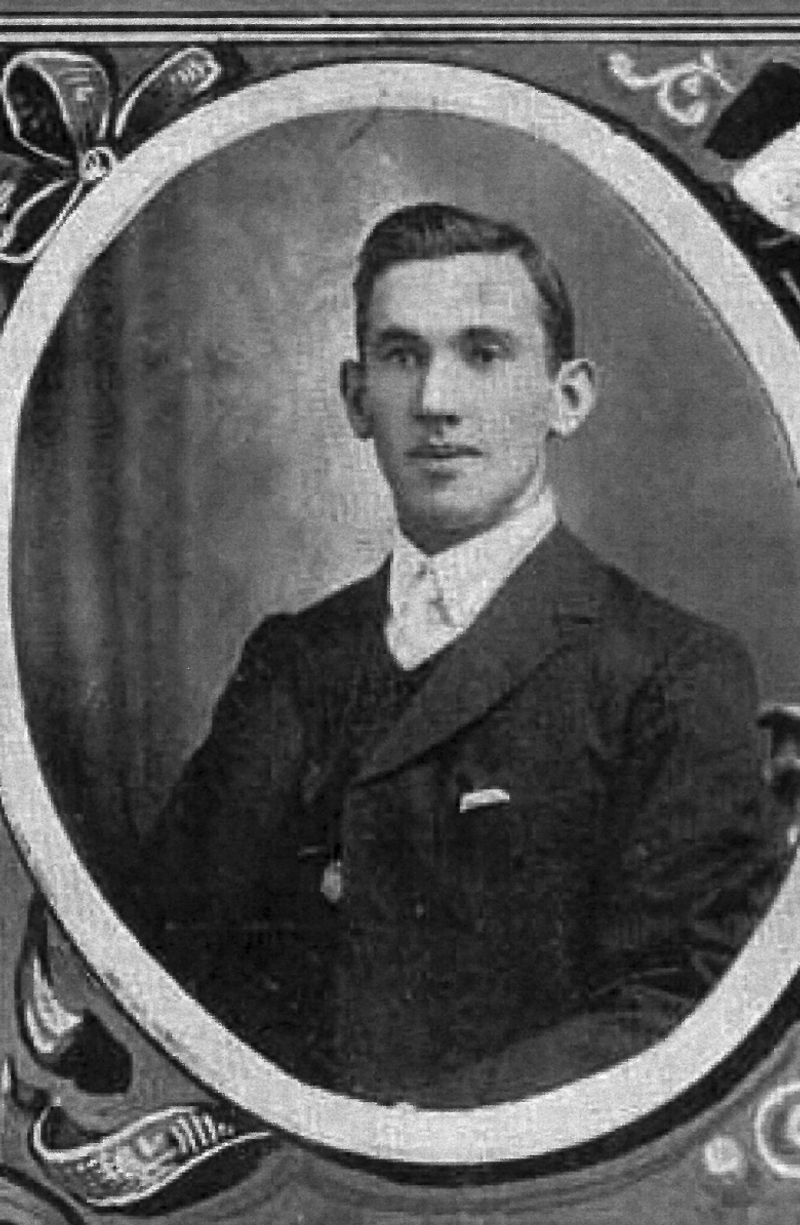Contact

Class of 1905
Alexander Juett earned his place as a Rhodes Scholar after a false start at CBC Perth. He was the son of the owner of the Fingall Mine in Day Dawn, then one of the largest and most profitable gold mines in Western Australia. In 1895 when he and his family arrived from South Australia, things were on their way up. The gold mine reached the height of its production in 1905.
Alexander did not take to his new school immediately and returned to the mine the next year at the age of 14 to spend a year working in his father’s mine. A year later he thought better of it, returned and embarked upon a seriously impressive scholastic and athletic career. At Aquinas, he captained the Cricket and Football teams for two consecutive years and rowed with the Junior VIIIs winning team in the Guildford Regatta. Alexander also won the Athletic Championship of the College in 1904. He led the College Gymnastic squad and won the Boxing master Mr Pluto’s prize for Champion Boxer of the College. He was a good shot and represented the Perth Rifle Club in competition. Academically he passed the junior exam for Adelaide University in nine subjects and was ninth overall across WA and SA. In the following two years, he repeated his successes and won a government scholarship. In his last year, he passed the Higher Public Examination in all subjects: Greek, Latin, French, Pure Mathematics and Applied Mathematics. And in the senior general exam, with honours, he placed second in the state.
In his last year, 1906, he was awarded a Rhodes Scholarship to Brasenose College, Oxford where he graduated with a BA MB BCh (Bachelor of Medicine and Surgery) in 1912. Alexander served in France with the Army Medical Corps from 1916 to 1918 and was mentioned in dispatches. He was awarded the British War Medal and Victory Medal with Oak Leaves. On returning to Australia he set up his own medical practice and was notably “one of the most prominent” and “selfless” orthopaedic surgeons.
Being a private and generous person, Alexander shunned publicity and instead quietly got on with fixing the world, donating money and spending time on his favourite causes: The Royal Perth Hospital, Princess Margaret Hospital, the Limbless Men’s Association, the Ex-Servicemen’s Rehabilitation Centre, Fairbridge Farm School and the University Boat Club.
He passed way in 1953 after a life of extreme generosity and achievement across many fields.


